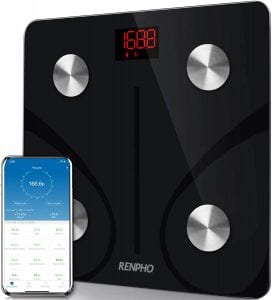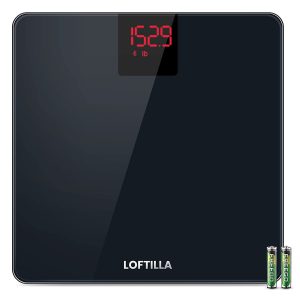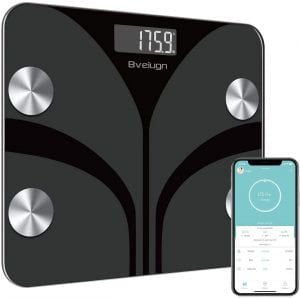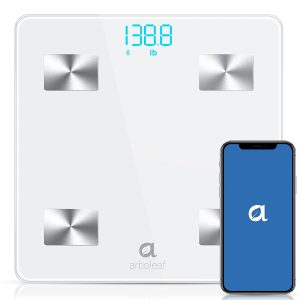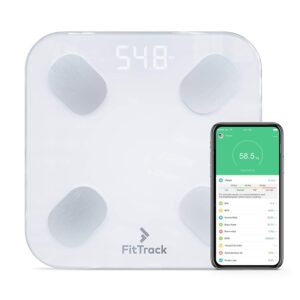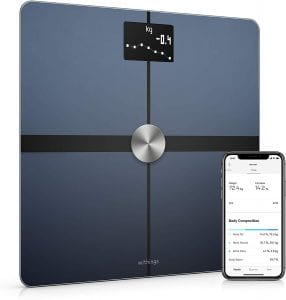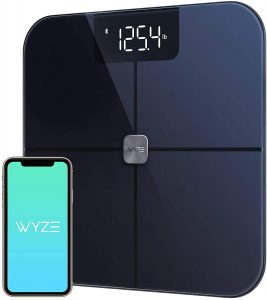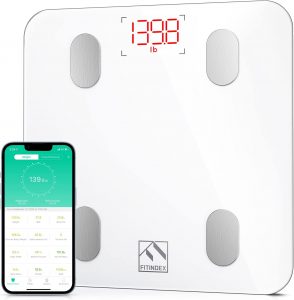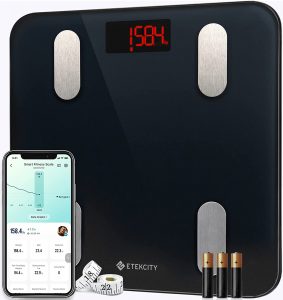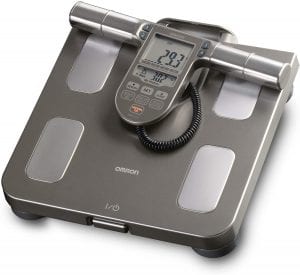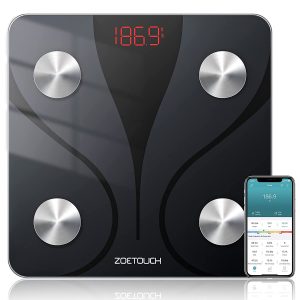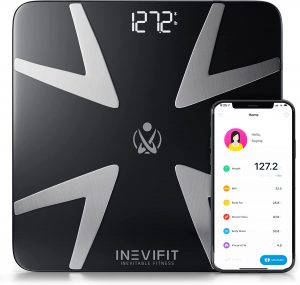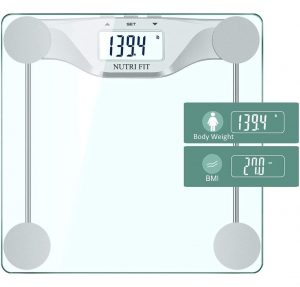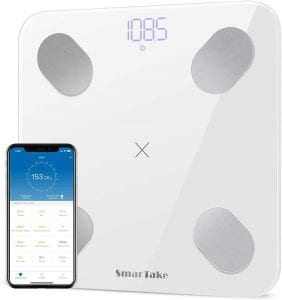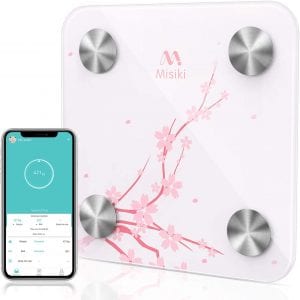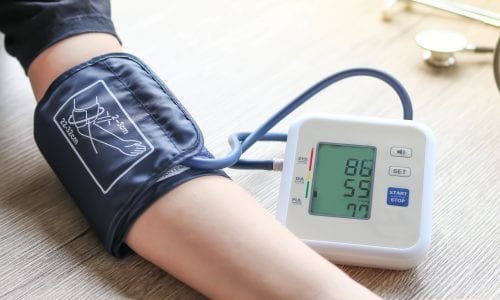The Best BMI Scale
We looked at the top 15 BMI Scales and dug through the reviews from 21 of the most popular review sites including and more. The result is a ranking of the best BMI Scales.
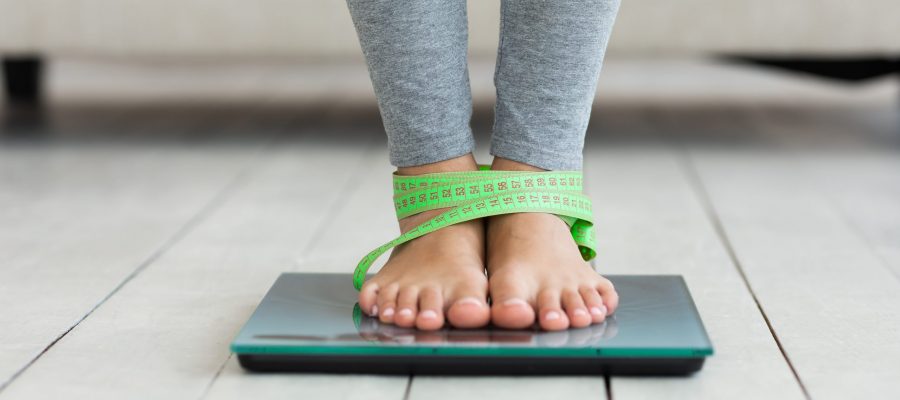
Our Review Process
Don't Waste Your Money is focused on helping you make the best purchasing decision. Our team of experts spends hundreds of hours analyzing, testing, and researching products so you don't have to. Learn more.
Our Picks For The Top BMI Scales
- 1. RENPHO Bluetooth Smart Wireless BMI Scale
- 2. Loftilla Compact Step-On BMI Scale
- 3. Bveiugn Tempered Glass Digital BMI Scale
- 4. arboleaf Lightweight Multi-User BMI Scale
- 5. FitTrack Personalized Glass BMI Scale
- 6. Withings Body+ User-Friendly Syncing BMI Scale
- 7. WYZE Complete Analysis Smart BMI Scale
- 8. FITINDEX Bluetooth Smart Wireless BMI Scale
- 9. Etekcity FSA / HSA Eligible Bluetooth Digital BMI Scale
- 10. Omron Easy Read Digital BMI Scale
- 11. ZOETOUCH Smart Body Fat Composition Monitor & Analyzer BMI Scale
- 12. INEVIFIT Fitness Tracker Premium BMI Scale
- 13. NUTRI FIT LCD Display Auto-On BMI Scale
- 14. SMARTAKE Digital Body Fat Analysis Smart Precision BMI Scale
- 15. Misiki Smart Wireless Body Fat Analyzer Bluetooth BMI Scale
With this BMI scale, you can easily link to the most popular fitness apps, including Samsung Health, Fitbit, Apple Health, Google Fit and Apple Watch. You'll get 13 essential measurements with each weigh-in, including BMI and body fat percentage. It provides your weight in 0.2 lb increments, with a weight capacity of up to 396 pounds.
Versatile UsesThis scale has all the basics you need to get started on your health journey, including providing 13 essential measurements.
With support for popular fitness apps like Fitbit, Apple Health and Google Fit, you'll be able to monitor your weight and your progress from week to week. This scale has four sensors to ensure your weight is accurate, with weight provided in 0.2-pound increments. You'll get support for up to an unlimited number of users, which means multiple househ...
Supports Multiple UsersIf you have multiple people in your household, you'll love that this scale provides support for an unlimited number of users.
Get a better picture of your overall health with this BMI scale. It utilizes four high precision G-sensors to administer the most accurate results. It can also support up to 24 member profiles, providing each with 11 health indicators, like visceral fat, body water, skeletal muscle rate and protein.
Large Digital Backlit LCDWhile this BMI scale reveals your weight on its LCD screen, it also provides additional measurements via a smartphone app.
If you're searching for an accurate BMI scale, opt for this model, which has a high 400-pound weight capacity. It's capable of analyzing 14 different body compositions, including muscle mass, body fat percentage and your metabolic age. You can also keep track of your weight and other statistics using the company's app.
Economical PickThis affordable BMI scale is available in a choice of white or black.
Buying Guide
If you’re embarking on a fitness journey, you probably already know that there are plenty of apps to help get you started. You can monitor your steps, watch your calorie intake and even link up and compete with others. For some, a fitness app can gamify the weight loss experience, letting them share their journey with friends, relatives and even strangers.
But an important part of gauging your progress is tracking exactly how your body measurements are changing over the days, weeks and months. That’s where a scale comes in. Sure, you can step on a traditional bathroom scale and get the pounds, but if you’re using an app, there are tools that can take you so much further.
The key feature in many BMI scales is its Bluetooth connectivity. Just step on the scale and your measurements are automatically sent to the app on your phone. With many of these scales, you can also link to your favorite fitness app. So instead of having one app for your measurements and another to track your steps and food intake, you’ll have everything in one place.
But you don’t have to rely on an app. If you aren’t a smartphone person, or you simply prefer to keep the information in your bathroom, you can find BMI scales that contain the information to an attached screen. These scales save the information for a prolonged period, allowing you to do a quick review of previous days and weeks if you want to track your progress.
BMI scales often go beyond measuring your body mass index. They can also look at things like body weight, BMI, body fat, body water, skeletal muscle, fat-free body weight, subcutaneous fat, visceral fat, muscle mass, bone mass, protein, basal metabolism and body age. All this information gives you a far more complete picture of your overall health than just seeing your weight in pounds and ounces.
What to Look For
- BMI scales work through the use of sensors. Those sensors are just under your feet and use something called bioelectrical impedance, sending an electrical current up your leg and across your pelvis to determine the level of resistance caused by body fat. The more resistance, the higher the estimated fat percentage in your body.
- One thing to keep in mind with any scale is that scales are never 100 percent accurate. They’re designed to give you a general estimate of your weight and other factors. It’s important to get to know your own body and understand where you’re at your best, no matter what an app says. A medical professional can help you determine exactly where you should be to be at your healthiest.
- The best time to weigh yourself is very early in the morning. Empty your bladder, then step onto the scale before you shower, eat, exercise or even enjoy that morning cup of coffee. This will ensure you’re getting the purest measurements available.
- App compatibility is essential. Most BMI scales hook up to their own app, but they also can transfer the information to your favorite fitness app. Make sure your favorite app is supported before you buy. Many BMI scales support Fitbit, Google Fit and Apple Health, at a minimum.
- If there are multiple members in your household who may want to use the scale, find a scale that supports that. Most BMI scales that support multiple users will send information only to the app of the person currently weighing.
- Some of these scales can have a bit of a learning curve. Once it’s set up, though, everything should be automatic from there. Your app will likely walk you through the setup steps.
- Although you can share your weight information as part of your competition with others, you can control the data others see. If you prefer to keep this private, you can use the information solely to track your own progress.
Why we recommend these bmi scales?
Products Considered
Products Analyzed
Expert Reviews Included
User Opinions Analyzed
Our experts reviewed the top 15 BMI Scales and also dug through the reviews from 21 of the most popular review sites including and more. The result is a ranking of the best of the best BMI Scales.
DWYM is your trusted roduct review source. Our team reviews thousands of product reviews from the trusted top experts and combines them into one easy-to-understand score. Learn more.
The Best Bang For Your Buck
Loftilla Compact Step-On BMI Scale
Key Takeawy
With support for popular fitness apps like Fitbit, Apple Health and Google Fit, you'll be able to monitor your weight and your progress from week to week. This scale has four sensors to ensure your weight is accurate, with weight provided in 0.2-pound increments. You'll get support for up to an unlimited number of users, which means multiple household members can use it.
What other experts liked
What to Look For
BMI scales are sold with different weight capacities, so you’ll need to check that the scale you’re interested in is able to meet your needs. Some models only go up to 250 pounds, while others can handle as much as 450 pounds. There are also models that can measure children as small as 9 pounds, should you wish to buy a BMI scale that’s family-friendly.
It’s important to note that the accuracy of a BMI scale can be impacted by certain factors. These include the age of an individual, the gender of the individual, the height of the individual, whether the person is pregnant and where a person tends to store their body fat.
When reading your BMI results, it’s important to understand each of the measurements to know whether the results indicate you’re in good health or whether you have a specific area that could use improvement. Here are a few of the measurements that are most commonly seen with this type of scale.
- Body Mass Index (BMI): BMI is used to provide a quick snapshot of your overall health. It takes into consideration a person’s height, as someone who is taller will naturally weigh more than someone who is of a shorter stature. The National Heart, Lung, and Blood Institute has a chart that you can reference once the scale provides you with your BMI number.
- Body Fat Percentage: To arrive at your body fat percentage, you have to divide your total mass of fat by your total body mass and then multiply the result by 100. The American Council on Exercise has a body percentage chart for men and women, so you can see where your results fall on the chart.
- Body Water Percentage: Water is vital to life, so it’s a good idea to check your body’s water percentage. IvyHealth lists a general healthy range of 45 percent to 60 percent for women and 50 percent to 65 percent for men.
- Metabolic Age: Metabolic age is another indicator of your physical health. If your BMI scale gives you a metabolic age that is at or below your real age, your body is said to be in good health. Should the scale come back with a metabolic age this is above your real age, your body is said to be having some health issues. Exercising and changing your diet are the best ways to lower your metabolic age.
- Muscle Mass: When it comes to muscle mass measurements, you want your numbers to be on the higher end. Having a high muscle mass not only results in fewer illnesses, but also means that your body is burning more calories at rest. Healthline has a chart you can consult to see where your measurement falls. Use the chart for your gender and then look next to your age range to view your target numbers.
More to Explore
Body mass index is used in the medical field as an indicator of whether someone is under or overweight. It’s a calculation that takes into account only your height and weight. A BMI of between 18.5 and 24.9 is considered “healthy,” while there’s a range for underweight, overweight and obese. Many BMI scales recognize, though, that there’s more than weight at play in a person’s health, and measure other factors, like body fat and water weight. Medical professionals typically combine this number with other information, though, so it’s important to work directly with your doctor to determine what your body’s definition of “healthy” is.

